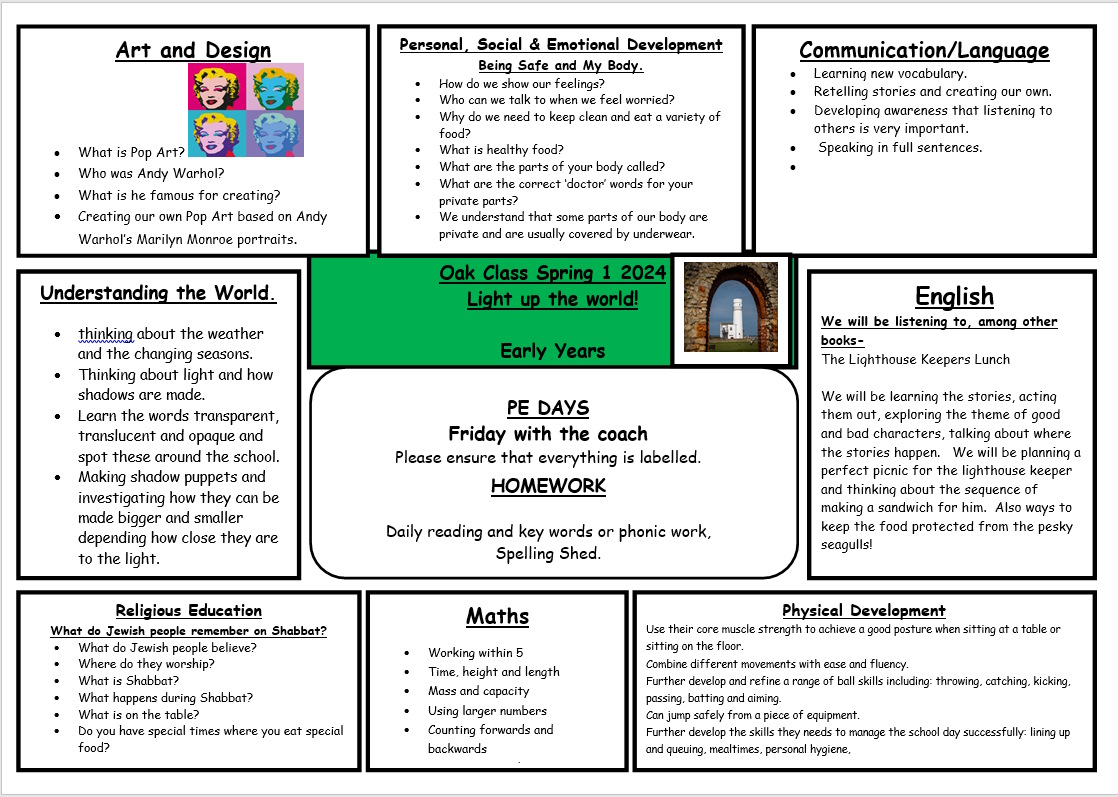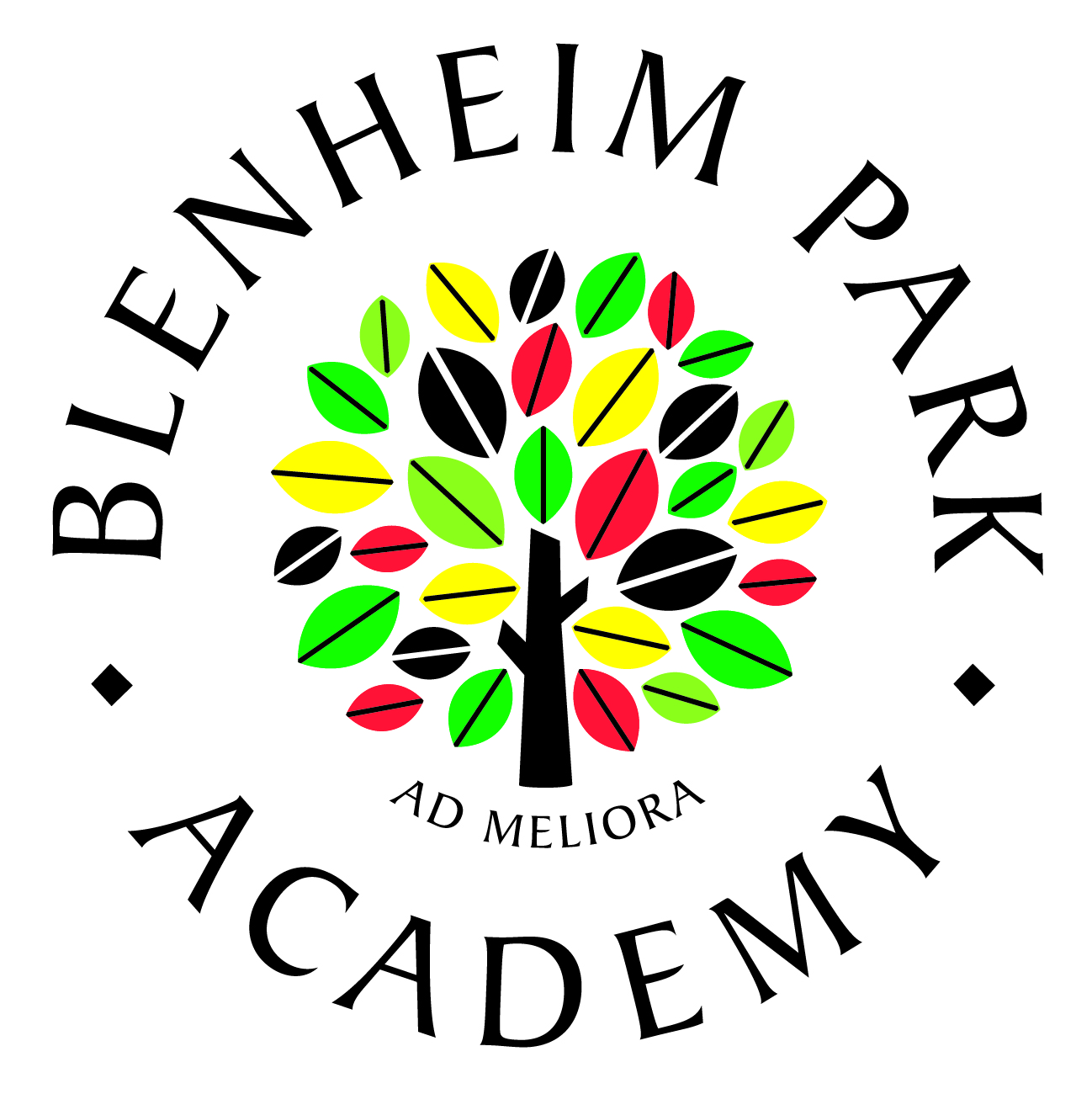Early Years Curriculum
Early Years Planning
Our topic in Reception this half term is Light Up the World!

Intent
Why do we teach this? Why do we teach it in the way we do?
At Blenheim Park Academy, we aim to provide our children with a curriculum that is designed to be flexible, engaging and exciting, recognising and embracing the children’s unique needs and interests.
Our Early Years’ curriculum has a focus on four key elements:
- Play-based
- Vocabulary-rich
- Child-led
- Emotionally supportive
We work in partnership with parents and carers and other professionals (as and when necessary) to provide the best possible start to school life.
Our aim is to build strong foundations for life-long learning so that children can be successful academically, reaching their full potential from their individual starting points, as well as making positive contributions as confident members of society.
A focus on the Characteristics of Effective Learning underpins our EYFS curriculum:
- Playing and exploring – children investigate and experience things and ‘have a go’
- Active learning – children concentrate and keep on trying, even if they encounter difficulties. Children enjoy their achievements
- Creativity and critical thinking – children have and develop their own ideas, make links between ideas and develop strategies for doing things.
The aim of this focus is to foster the establishment, growth and development of the children’s life-long behaviours for learning, their self-regulation and their metacognitive skills. This is supported by the use of the Thrive Approach from the very beginning of reception. The notion of safeguarding runs deep in our EYFS as we are keen for the children to quickly gain independence. Children are encouraged to risk assess as they tackle day to day problems in the EYFS areas.
Implementation
What do we teach? What does this look like?
We know that children learn best when they feel safe, secure and have positive relationships with the adults who care for and nurture them. We aim to provide a stimulating, enabling environment where children are actively encouraged to explore and investigate in order to grow in confidence and independence whilst enjoying their learning. The well-equipped indoor and outdoor environments are set up as continuous provision, maximising opportunities for open-ended, play-based and meaningful learning. Children learn through a balance of child-initiated and adult-direct activities, with a greater emphasis upon adult-directed by the end of the reception year.
There is planned provision for daily maths, phonics, reading and writing; taking a range of forms such as group circle times, 1:1 activities and continuous and enhanced provision. Monster Phonics is introduced and used from the beginning of the year in reception. Reading books are carefully selected to link closely with Monster Phonics and our book bands.
White Rose maths is taught daily through adult-directed activities, alongside the use of interactive games and mathematical resources in continuous and enhanced provision.
Our curriculum enables all children to make good progress. Whilst our reception children are in a mixed age class with KS1, we ensure all groups and individuals are given equal opportunities throughout the day. We manage this well by ensuring that all children are given the same teaching and then breaking off to work on age appropriate tasks. The design of our lessons always ensures stimulating learning opportunities for all. As a team, we get to know our children very quickly and are able to learn the children’s interests. This way, we are able to base our lessons on those topics we know they will be fascinated by. Each lesson builds on children’s prior learning and develops vocabulary, language, sociability, knowledge and understanding.
Fundamental British Values are implemented through everyday activities and interactions. Respect is a value we celebrate at the very start and throughout the year. Children understand, and demonstrate, the importance of respecting other people and their beliefs. We are able to guide children’s experiences through the curriculum, visits and visitors to develop cultural capital.
Our inclusive approach means that all children learn together, with a range of intervention strategies and support that are used to help those children who may need additional support. Parents and carers attend regular parent cafes held throughout the year in order to experience and see different aspects of their children’s learning and find out ways in which they can support further at home. We are able to support children with SEND well and are proactive in ensuring we provide the best possible experience for them as well as their parents. We are able to put our good home/school relationship to work and are very proud at the communication. We have a Trust based SENDCO who works with staff in school.
Impact
What will this look like? By the time children leave our school they will:
Prior to children joining reception, staff speak to and gather information from parents and carers, along with previous settings, in order to build up a picture of each child. This ensures a smooth transition from home into school. We have good links with our feeder nursery and build strong relationships with parents of children.
Interactions, observations and assessments during the first half term are used as a baseline assessment, as well as the statutory Reception Baseline Assessment. This ensures that staff are able to plan and differentiate effectively to address children’s next steps in order to progress their learning. We also assess children half termly with their progress in phonics. Staff are experienced with assessing children through their regular observations and can quickly pick up on areas that need developing as an individual or as a group.
Regular, ongoing observations are made by adults and are used to help inform weekly planning and to identify children’s next steps. In addition to this formative assessment, termly summative assessments are used to measure children’s progress and attainment. Learning journals, which build over the academic year, are regularly viewed by children and adults and are then sent home at the end of the children’s reception year. Parents are kept up to date with their child’s progress during parents’ meetings in the autumn and spring term and via an end of year report in the summer term. Regular conversations take place throughout the year between staff and parents.
Termly Thrive assessments are used to measure children’s social and emotional wellbeing and development across the EYFS. All of this ensures that children’s social and emotional needs are recognised and supported with appropriate and timely interventions as and when necessary.
Meetings between staff and SLT are used to discuss children’s progress and review the tracking of particular groups such as those children with SEND or EAL. Our assessment judgements are moderated in school and with the other schools across the Ad Meliora Trust. Our EYFS team work closely with school leadership and understand the importance of communication. All staff are considered equally valuable in the development of children in EYFS at Blenheim Park Academy.
Reception Baseline Assessment
Do you have a child starting reception class from the 2023/24 academic year?
If so, your child will be participating in the reception baseline assessment (RBA) within the first 6 weeks of starting reception. The purpose of the assessment is to provide the starting point for a new measure that will help parents understand how well schools support their pupils to progress between reception and year 6 / the end of key stage 2.
What is the RBA?
The RBA is a short, interactive and practical assessment of your child’s early literacy, communication, language and mathematics skills when they begin school, using materials that most children of your child’s age will be familiar with. It is statutory for all schools from September 2021.
Its main purpose is to create a starting point to measure the progress schools make with their pupils.
More information and parent guide on Reception Baseline Assessments.
